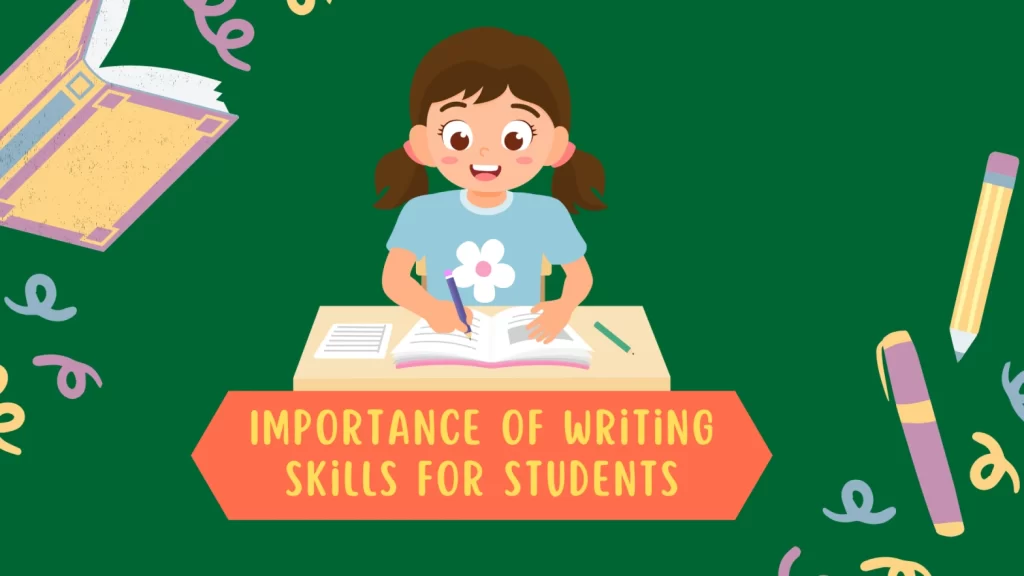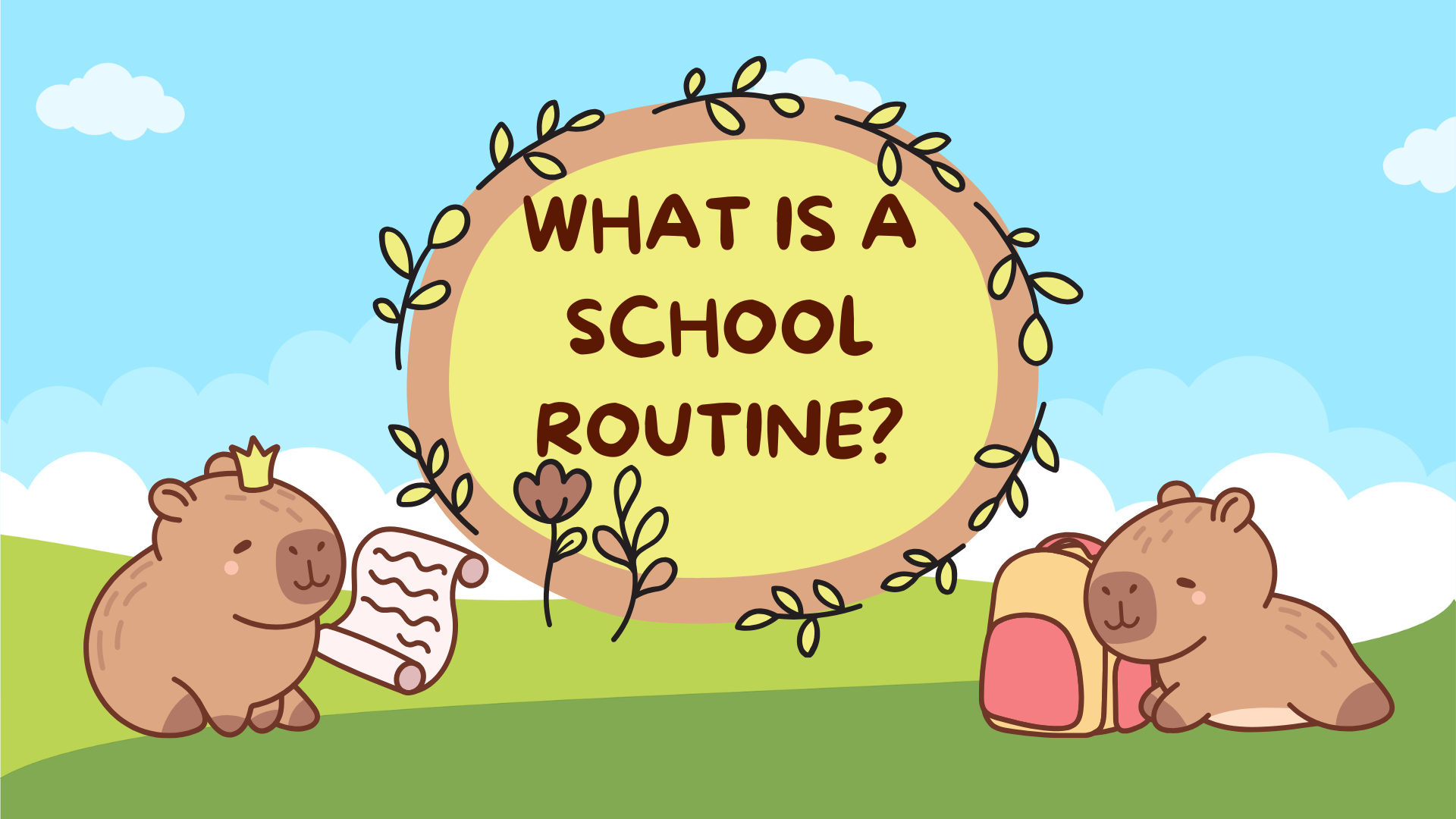
Importance of Writing Skills for Students
The ability to frame sentences and write something meaningful begins as soon as students start communicating in vernacular subjects. It begins with learning to write letters, pronouncing them, writing words, and finally framing sentences that eventually turn into paragraphs. The importance of writing skills is not limited to good handwriting. It is the ability to express what students have learned. It is a part of learning languages that builds the foundation of learning and writing across subjects that are a part of the curriculum.
What are writing skills?
Writing is the ability to express thoughts through words clearly and articulately so that it is easily understandable to someone reading. The importance of writing skills is not limited to education but also to communicate in the social world.
Learning how to frame sentences both verbally and in written form helps students explain what they know. Examinations across school boards are held in written format, so learning a language is the first step before knowing other subjects. How proficient a student becomes in a vernacular subject, directly impacts their ability to answer theory questions for subjects like history, geography, science, and more.
What is the importance of writing skills?
Writing skills are important because they create a foundation to express through words. Here are the reasons why students must strengthen their literary skills to excel across other subjects:
1. Writing is the origin of creation
Growing up in an era of ChatGPT can make students feel like there is no need for writing skills. But even as AI is taking over different fields, the prompts given to AI tools require writing.
Everything begins with writing. From planning a to-do for the day, to writing down notes as teachers dictate, students early in their journey need writing skills.
Even when they grow up and flourish in their respective fields, they realize that a lot of tasks need to be written down before actually doing them.
Yes! Digital devices with the Notes app can replace texting with pen and paper, but we always need to play with words.
Everything begins with writing, so strengthening a foundation that helps students frame sentences becomes imperative. As they slowly learn how to write paragraphs, they can use their imagination to write stories, poems, essays, and more.
2. Ability to express and explain
Everyone has one mode of communication they are better at compared to others. While one is a good orator, the other is a good writer. Schools need students to write more often than to orate. While debates and viva are a part of the curriculum, they are not as common as the need to solve exam papers through writing.
For students, writing is an inevitable skill that they need to develop to sit for exams and pass their classes. As they develop this necessary skill, they explore ways to express what they read and learn from subjects in their syllabus. In turn, they develop a lifelong skill that is needed in every sphere of life.
3. Promotes critical thinking abilities
Using verbal communication often prevents us from thinking before speaking. But what makes writing skills important is the ability to think and write.
Before answering a question, students take time to read, understand, and then put words on paper. The entire process helps them think, articulate, and then express in the most profound way possible.
Writing allows you to edit and rephrase a sentence that isn’t possible when communicating verbally. So, keeping the thinking caps on is best aided with writing.
4. Strengthens vocabulary skills
Writing regularly improves overall language skills that eventually reflect through verbal communication. Students either pick up writing skills or oratory skills first and then develop the other.
Bilingual and trilingual education promotes learning multiple languages often shows what a student can easily grasp. For some, it is easier to speak and for others it is easier to write.
Writing exercises are encouraged as students read what they write to improve their grammar and vocabulary skills. It is easier to articulate thoughts while writing and reading out aloud to improve spoken communication.
5. Helps retain memory
The importance of writing skills is reflected at best when we note down as we learn. When we grew up, a common way of memorizing what teachers taught was to instantly go home and write it down.
When students write down complex information, it helps them organize texts as notes. Classwork copy for each subject is used for the same purpose, and the collection of such data helps with revision.
Many times, students who fail to remember or memorize subjects prefer writing down what they learn. Their muscle memory recalls such information that is often hard to grasp when simply reading.
6. Serves as a record
Written information of any form is a record that students can use for future reference. Many times, teachers use a blackboard to explain complex equations. First-time learners can’t memorize them or recall them later. When they write down topics in an organized manner in their classwork copy, they can refer to the same while revising. This way written records help research, learn, and always have access to information taught in class.
7. Aids professional communication
Verbal communication is often casual because we speak in colloquial languages that are known and relatable. With each generation giving meaning to different terms, we often lose the essence of communicating professionally.
As students go into professional fields, they are expected to write emails and exchange other forms of communication more subtly. Knowing how to write in a professional tone helps establish a respectable form of communication with important details that need a written record.
8. Writing is an essential job skill
The digital era requires everyone to write something or the other every day. It could be assigning tasks, writing emails, building strategies, and so on.
You don’t necessarily need to pursue writing to write at your job, but writing is an inevitable skill to adapt. Especially due to social media, we are all inclined towards expressing ourselves through text posts. Even if you share images or videos, you would still need texts to explain what you share. So, writing is a demanding skill that simply adds to what you already have to offer.
Improving writing skills with the CBSE Board
While the CBSE board is known to prioritize subjects that science and mathematics that prepare students for competitive exams, language is of foremost importance as it is the foundation of learning.
At DWPS Barasat, our first language is English followed by Hindi and Bengali as second and third languages as preferred by students. We also teach French to interested students as an additional subject that they can choose to pursue.







